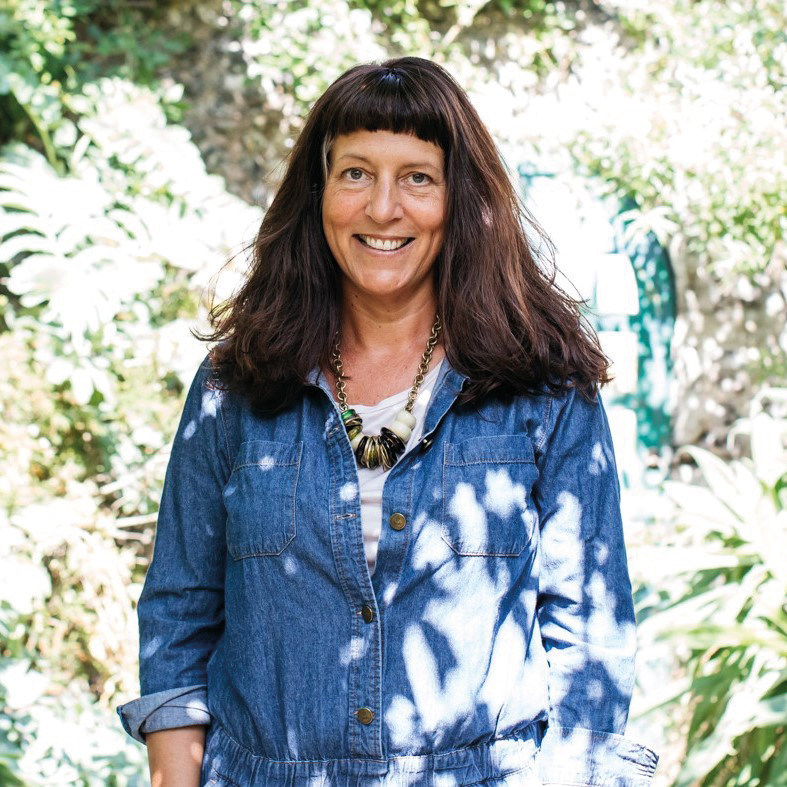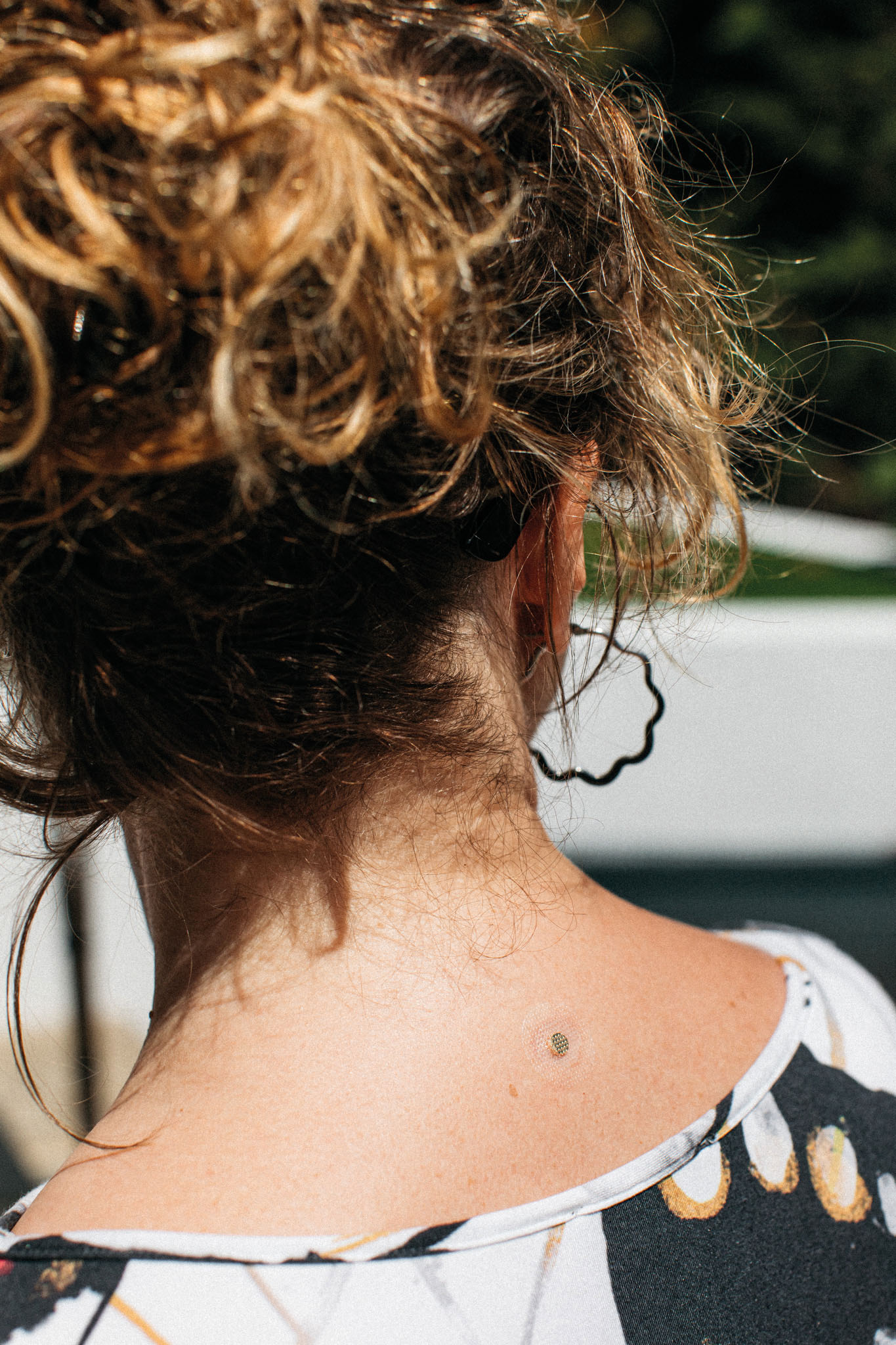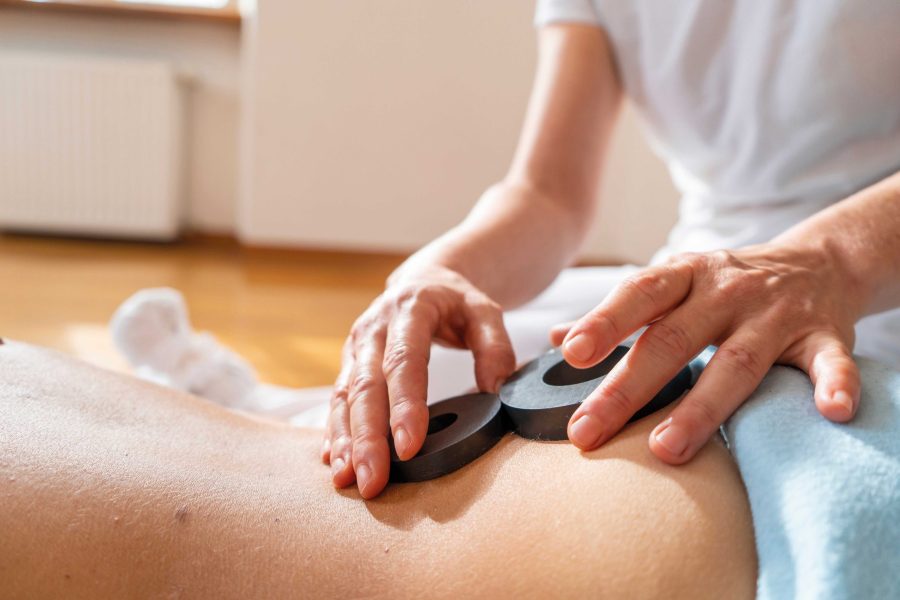 Could magnets relieve your menopause hot flushes? Jo Darling, a practitioner of traditional Chinese medicine, specialises in helping women have a healthy, happy menopause. Here, she reveals how using her new magnets could ease hot flushes…
Could magnets relieve your menopause hot flushes? Jo Darling, a practitioner of traditional Chinese medicine, specialises in helping women have a healthy, happy menopause. Here, she reveals how using her new magnets could ease hot flushes…
In the East, menopause is called a “second spring”. This is because traditional Chinese medicine (TCM) always looks at things from a natural perspective and it sees this life phase as another burst of energy and new life.
Getting to a ripe old age is also seen as a good thing in the East, with wise old women being revered, whereas here in the West there seems to be a different, more fearful view of ageing.
Women also seem to have different symptoms in the West compared to the East. For example, in Japan, tight shoulders are a more common symptom than hot flushes. In the West, the way women are often treated isn’t as positive as I think it could be.
It concerns me, as a health practitioner, that some women are becoming afraid of menopause.
Your energy levels after menopause
The term “menopause” marks the date on which you’ve not had a period for a full 12 months. After that, you are considered post-menopausal.
However, even after menopause your hormones will fluctuate. But now, all that bodily and emotional energy that used to go into menstruating can be directed towards other areas of your life. The fertile years are linked with being creative reproductively, but after menopause you can redirect that energy and focus into other creative projects.
On a personal level, I used to think I’d feel exhausted when I reached this stage, but far from it. I was in perimenopause before the first lockdown of 2020 and must have gone through the transition during that time, as once lockdown was lifted, my periods had stopped. So, I’m now post-menopausal but I have so much more energy and I feel great!
Why you should prioritise menopause self-care
The way I approach menopause with patients – as I did with myself – is through using the principle of yang sheng, which means “nourishment of life”. I talk about this principle a lot. It’s about self-care and taking charge of your health, which is empowering.
Yang sheng covers many things including how you eat, move, rest, sleep and even how you feel – all these things affect how you go through your transition.
Food is a vital part of the equation. If you can cut out stimulants such as spicy food and alcohol, it makes a huge difference. Positive changes to your lifestyle all add up.
The gradual change of menopause
Also remember that you start to lose your eggs from the day you are born, so menopause is a gradual change, not an abrupt one – unless of course you have a surgical or chemical menopause, in which case hormones do change overnight.
I work with cancer patients who can abruptly go into menopause because of a surgery or hormone treatment, and who often find it difficult to manage their symptoms as they come on quickly, sometimes to the point that they can’t even drive to see me as their flushes are so bad.
In general, though, the better you look after your reproductive and general health in your earlier years, the easier and more enjoyable your menopause is likely to be.
 How magnets could help with menopause hot flushes
How magnets could help with menopause hot flushes
Last year, I developed the Menopoised Menopause Magnet (£45) to help my patients manage hot flushes better, especially for those who couldn’t come and see me either due to various lockdowns or because of the severity of their symptoms.
The way the magnets work can be seen from several perspectives. Simply put, they work like acupressure, constantly stimulating the acupuncture point. I’ve chosen specific points used for thousands of years – possibly by millions of people – that are known to clear heat in the body.
You place them on the points, located next to each other, on the back of your neck. There are more than 400 acupuncture points on the body and this is the main one I use with my patients.
While acupuncture or acupressure massage can help stimulate these points, it’s not possible to do these easily on your own – definitely not acupuncture in any case! But the magnets have a similar stimulating effect, making it possible to treat your own symptoms at home.
So far, they’ve been found to work on around 80 per cent of women with bad flushes or night sweats, reducing, if not eliminating, the intensity and/or frequency of their symptoms.
Ease your hot flushes at home…
If you’re having flushes, try this short TCM tip for a calmer mind and body. According to TCM, you have 400 acupressure points on your body that, when stimulated, can help energy to move around your body more freely.
There is one on your face, called yin tang, right between your eyebrows, which, when you press it, can help you relax. Try it during your regular nightly skincare routine; as a bonus it also helps with insomnia – no magnets required!
- When applying night cream or a face mask, press the point between your eyebrows and also make little circular movements, pressing firmly but not so that it’s uncomfortable.
- Breathe in slowly and steadily, feeling the tension melt away from your face, neck and shoulders. Do this deep breathing for 2 to 5 minutes and feel the stress leave your body.
Where to place magnets to ease hot flushes:
Each Menopoised Menopause Magnet is made from high-quality magnetic metal. It’s attached to your skin by a clear, medical grade, hypoallergenic, breathable plaster. You can wear your magnet day and night, which is great for hot flushes and night sweats.
Many people experience an immediate change, while some start to feel a benefit within a few days or weeks. Once you’ve located the acupuncture point, ensure your skin is clean and dry, then place a plaster directly on your skin and place the magnet (attached to the plaster) on top.
Swap the placement of your magnet between the two points indicated every 24 hours. This gives your skin a chance to breathe (see picture). It’s always a good idea to get expert guidance as to where to place them.
Jo Darling is the founder of Menopoised and also author of The Little Book of Self-Care for Hot Flushes and Night Sweats, which is free at menopoised.co.uk when you sign up for Jo’s newsletter.








